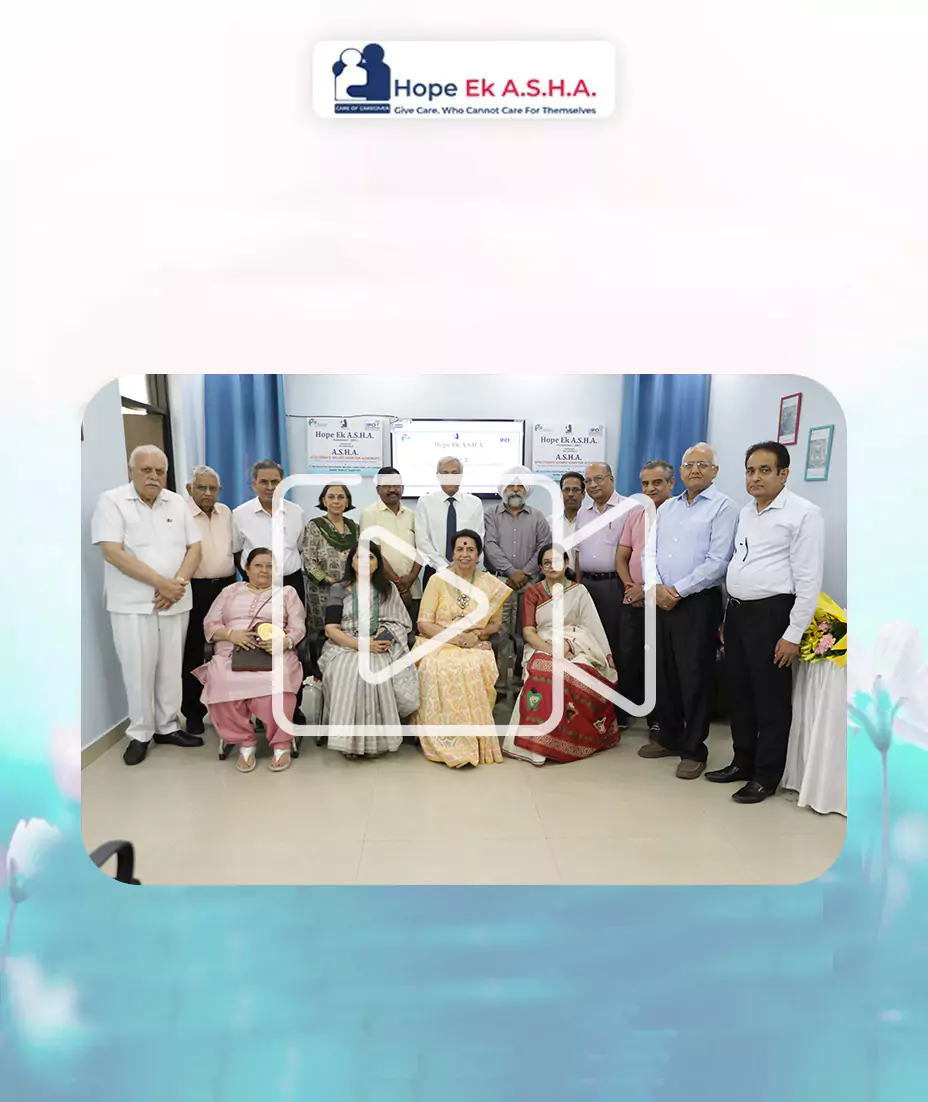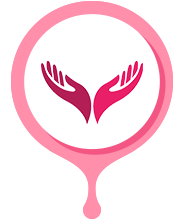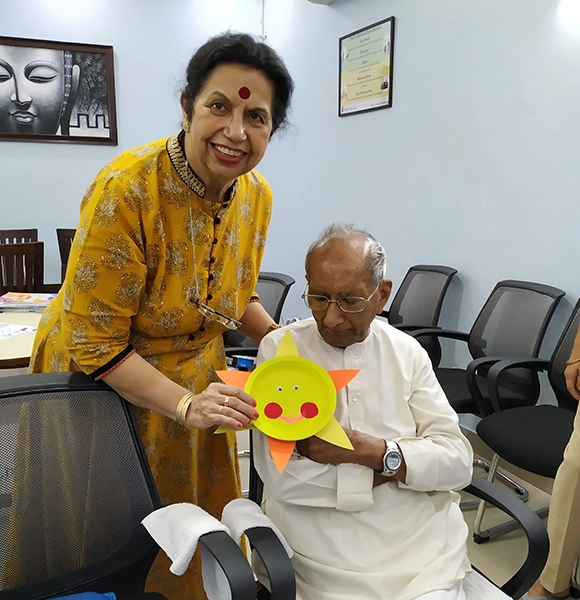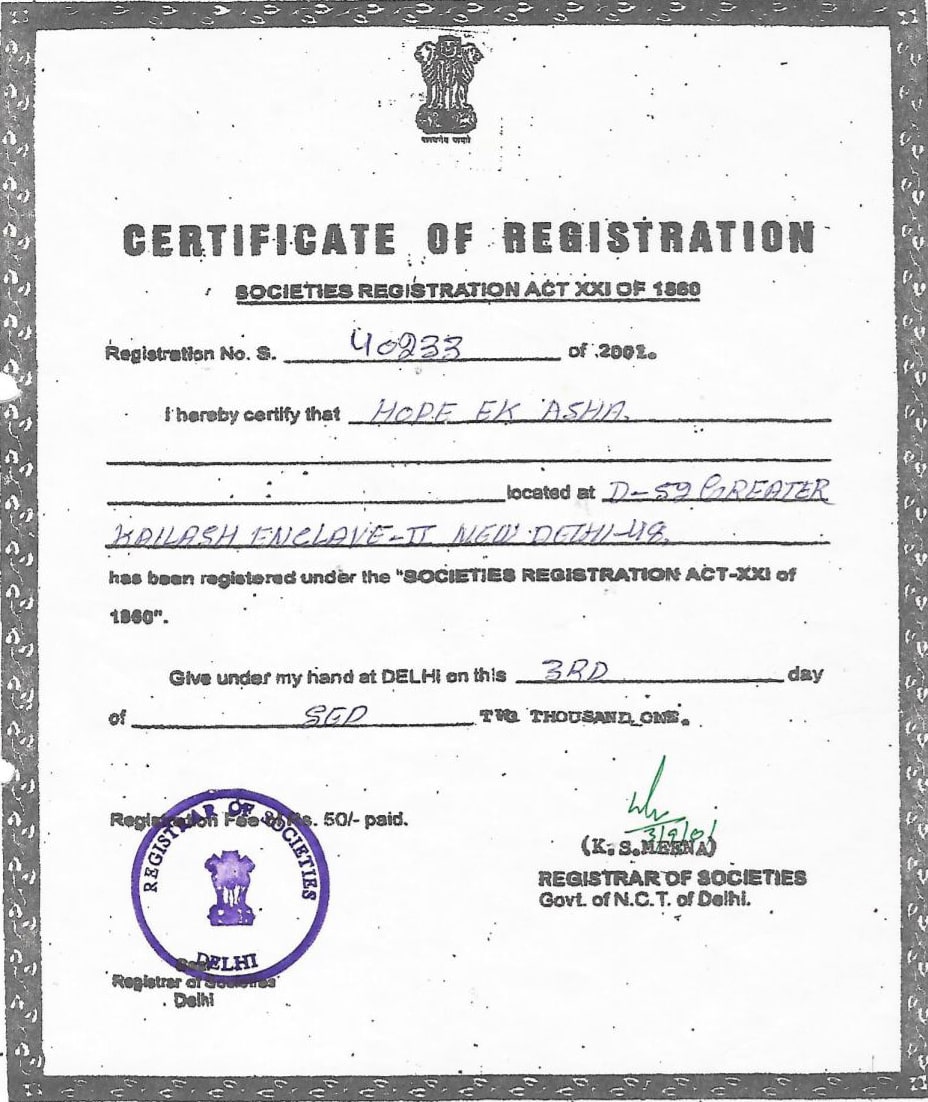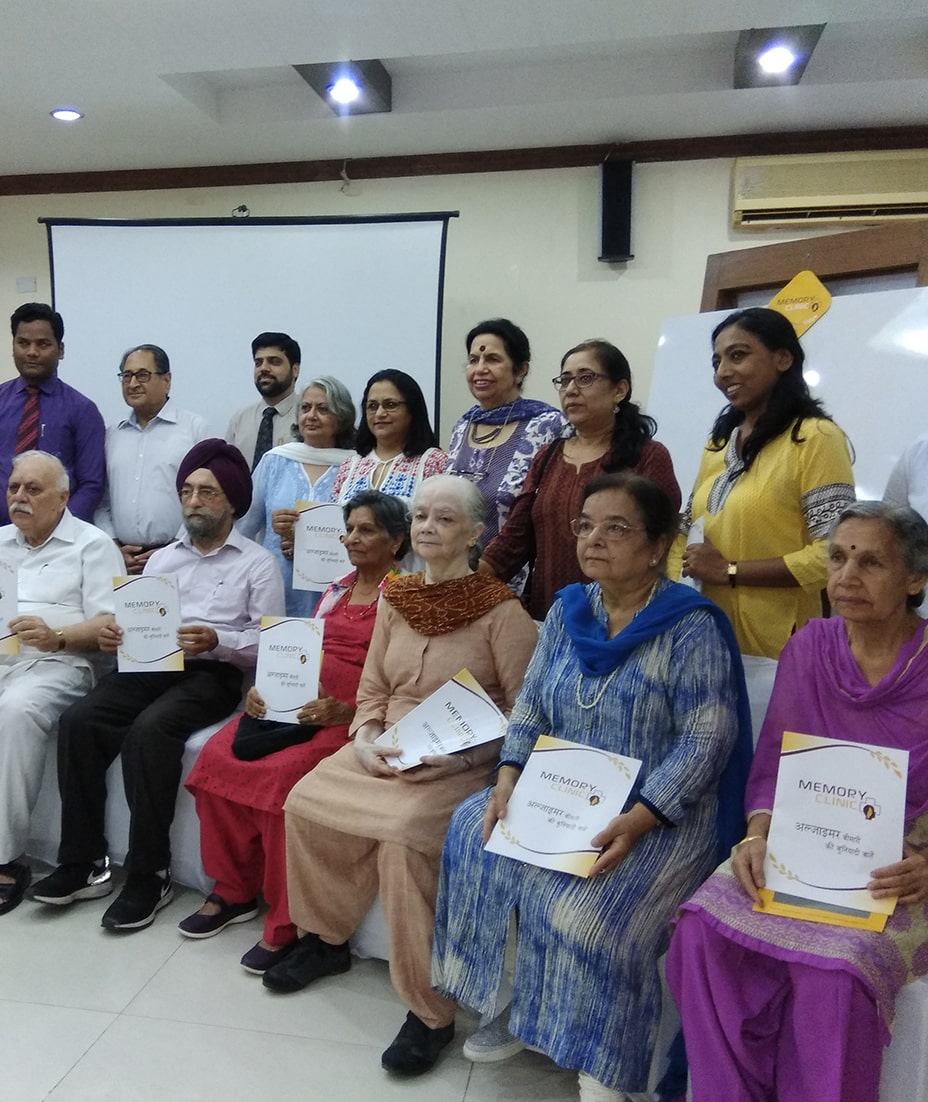The founder of Hope Ek A.S.H.A., Dr. Sushma Chawla, who is a medical doctor practicing in Greater Kailash, New Delhi since 1980, established this NGO to aid Senior Citizens suffering from Alzheimer Disease and their caregivers since 2001.

Inspired to Start the Journey
Dr. Chawla started paying visits to the families who were facing similar challenges as hers with an Alzheimer’s patient at home. Few of the volunteers did join her to accompany her. It was then time to formalise the group to give a direction to the cause. On 28th December 2000, Dr. Chawla formed an informal support group for the caregivers of Alzheimer’s disease patients. But she knew that wasn’t enough, she wanted to reach out to more and more people who were suffering from this irreversible ailment.
.jpg)
